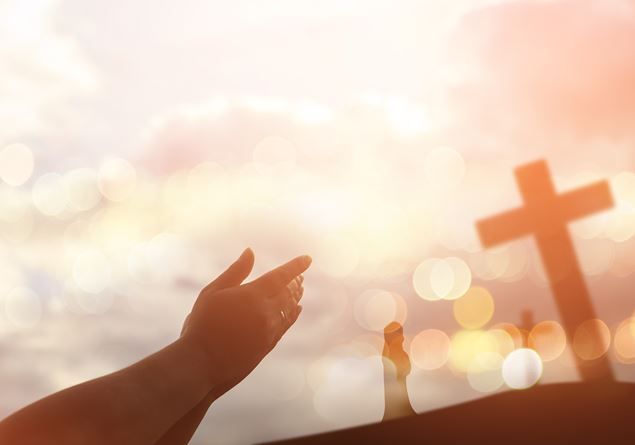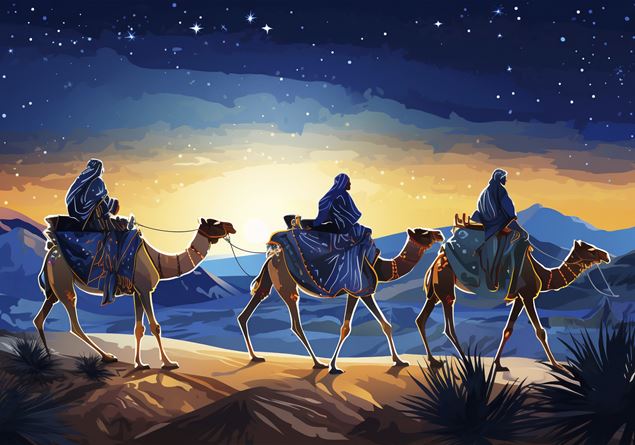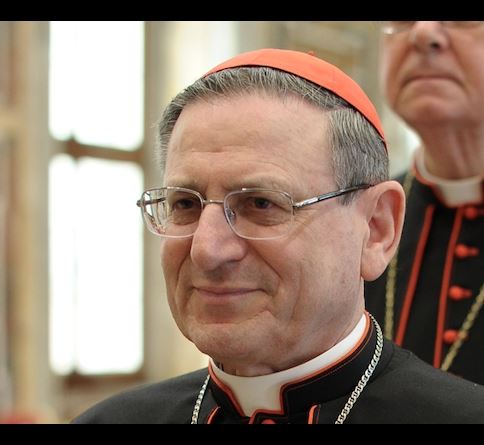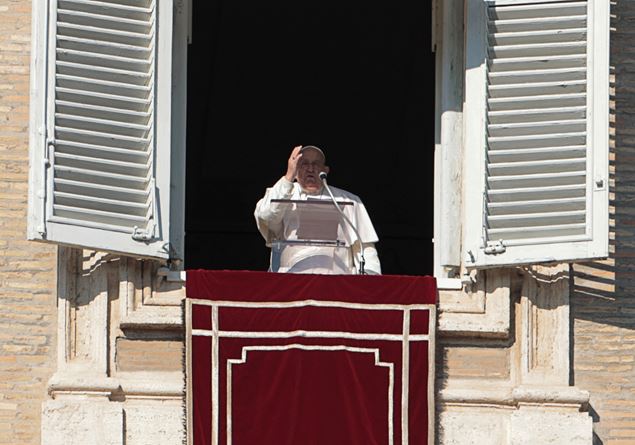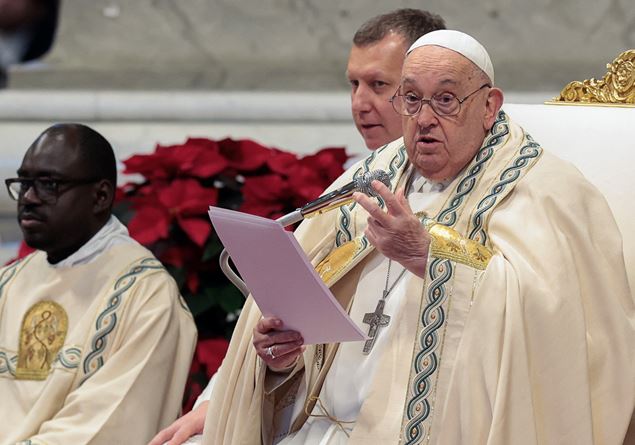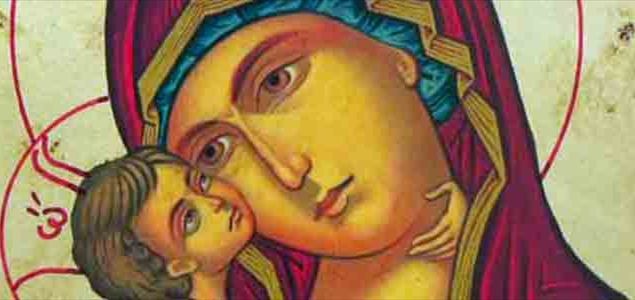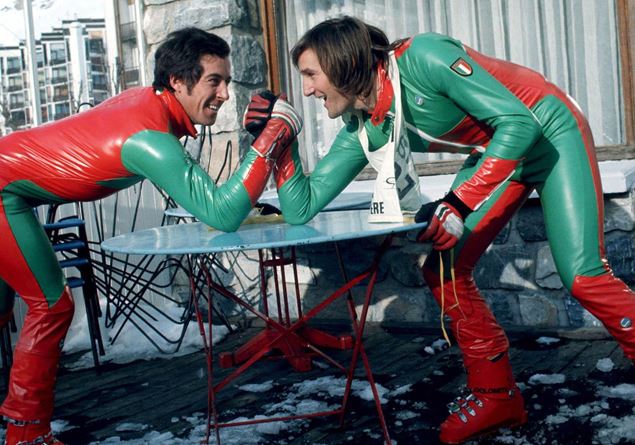
Tonight, on first TV, the documentary will be broadcast on Rai 3 The Blue Avalanche (presented at the last Venice Film Festival) traces the unrepeatable parable of the Italian national alpine skiing team of the 70s, led by the legendary coach Mario Cotelli and captained by champions such as Gustavo Thoeni and Piero Gros. Through successes that have rewritten the history of Italian sport, such as the conquest of five World Cups and numerous medals between the Olympics and World Cups, the documentary celebrates the internal rivalries, the character clashes and the sacrifices that have made this team invincible. The unpublished testimonies of the protagonists, intertwined with the narration of director Giovanni Veronesi, who on this occasion reveals his past as an aspiring champion, bring to life the unique epic of a sporting cyclone, from its glorious beginnings to its inevitable decline.
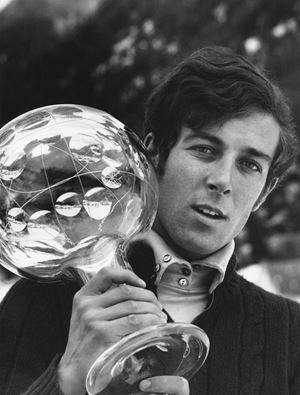
The protagonists of a company
The parable of the Blue Avalanche coincides with that of Mario Cotelli, a comedian with great intuition and charisma at the helm of our national team, from his appointment in 1969 until his controversial farewell in 19778 in open rupture with the then leaders of the Italian federation. We start from the triumphs of Gustavo Thoeni who suddenly finds his strongest opponent, Piero Gros, at home. It is an internal rivalry where, however, a foundation of sport such as respect has never been lacking. A rivalry that served as a stimulus for all members of the group to give more. A healthy rivalry.
Five frames that best portray the epic of the Avalanche: the Berchtesgaden incident on 7 January 1974; Thoeni’s double at the 1974 World Cup in St Moritz in the year that Piero Gros won the World Cup; the epic parallel slalom in Ortisei which awarded Gustavo his fourth crystal ball in 1975 (the fifth consecutive of the Avalanche) in a legendary final duel with Ingemar Stenmark; the 1976 Olympics in Innsbruck which consecrated Piero Gros and the Avalanche; and finally the last high note, the swan song in the hat-trick in the World Cup slalom in Madonna di Campiglio in December of the same year (first Fausto Radici, second Piero Gros and third Gustavo Thoeni). From that day on, our team will win less and less, until they no longer win at all. The curtain falls slowly, and leads to drama with the tragic end of Leonardo David, the boy from Valle d’Aosta with blond curls and a smile on his lips who was about to take over the baton of that legendary group. The heir was there, and it was he who Stenmark had also sensationally beaten in the Oslo slalom on 7 February 1979. It was a cursed fate that took him away.
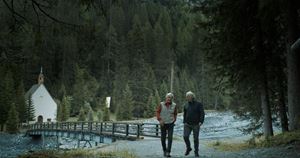
Director Giovanni Veronesi with Gustavo Thoeni today in a scene from the documentary
The dream of the director who wanted to be a skier
Giovanni Veronesi, screenwriter and director (My West, Viola kisses everyone, Manual of love, No country for young people...), brother of the two-time Strega award-winning writer Sandro Veronesi, made this documentary chasing his childhood dream which he tells us himself:
«I had never known how to compare skiing to something else and then, one day, my brother Sandro wrote a novel, XY, and there I learned to do it:
Skiing is like writing without punctuation without commas or periods without constraints or gates skiing is absolute freedom and curve after curve with your thighs that burn being happy.
I’m a failed skier, my friends say. Instead I say “failed”. I did nothing but ski until I was 14, race after race, to become a champion and I didn’t make it. This is the strongest push that convinced me to tell the story of the Blue Avalanche. Those are truly my myths, they are what I would have liked to be in life, they are Me inside. By making this documentary I closed the circle forever. I have put an end to my skiing experience and will never go skiing again. I decided, rightly so, that telling a story like this must have a private purpose, it must also be a personal experience and I will make it my last time. We talk about the exploits of athletes like Gross and Thoeni, who made skiing the second national sport after football in those years and I worked hard to bring out from the mouths of silent people, all the emotions, envies and feelings that reigned in the courageous hearts of those timeless champions. I went skiing with them and tried, in chats on the slopes and on the chairlift, to extract the true nature of the championthat of the virtuous, that of the sacrifice of a different childhood, the one that expresses itself and comes out only curve after curve without commas or periods, without scruples or obstacles, skiing next to your shadow to the rhythm of a “click” that makes you bend only at that point, neither a moment before nor after, as happens in music where those who go out of time “get on”.
There is snow in my memories there is always snow and my brain turns white if I don’t stop remembering.”

